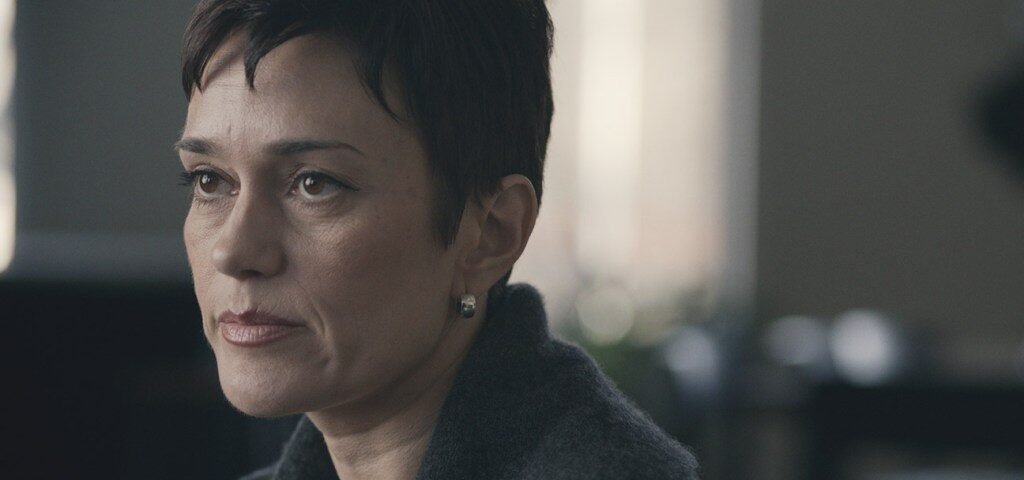


A Trans Drug Kingpin, Masturbating Zombies and Emma Stone: THR’s Critics Pick the 20 Best Films of Cannes 2024
June 7, 2024


‘Quad Gods’ Review: HBO’s Esports Documentary Upends One-Size-Fits-All Disability Storytelling
June 9, 2024Premiering at Tribeca, James Jones’ documentary focuses on the travails of three Russians risking their lives to fight their country’s current regime.
Antidote
An unfortunate real-life thriller.
Russian President Vladimir Putin may be absolutely terrible for the world, but he’s a perverse boon to the documentary genre. In addition to the numerous films showcasing the horrors of the war in Ukraine, there’s a burgeoning sub-genre of non-fiction films about the brave individuals risking their lives to fight his regime. The latest is the new documentary by James Jones (Chernobyl: The Lost Tapes), which serves as an unofficial companion piece to the Oscar-winning Navalny. Receiving its world premiere at the Tribeca Film Festival, the ironically titled Antidote provides yet another disturbing reminder of the evils of the current Russian regime.
The documentary largely concentrates on someone who is all too visible — Christo Grozev, a Bulgarian investigative reporter connected with such journalistic groups as Bellingcat and The Insider. Several years ago, he led the investigation into the poisoning of Navalny and was involved with the subsequent documentary. Unfortunately, having such a high profile doesn’t help when it comes to dealing with Putin. Grozev was forced to leave Vienna, where he had been living. In the film’s opening scene, he’s seen on the phone with his father, informing him that he has reliable information that if he returns to Austria he’ll be killed.
Much like the documentary Navalny, which depicted the threats against him as they were happening, Antidote tracks Grozev, who becomes worried when he’s unable to reach his father on the phone for several days. His worst fears are realized when he contacts the local police and learns that his father has died suddenly. The autopsy results are inconclusive, leading him to wonder whether his father was murdered or if it was the stress of worrying about his son that killed him.
“My problem is that either way, I feel guilty,” Grozev says. “Because if I wasn’t doing what I’m doing, he’d be alive now.”
Another Russian opposition leader who figures prominently in the film, albeit only in news footage, is Vladimir Kara-Murza, who survived not one but two poisoning attacks. He was eventually arrested and charged with high treason, for which he is now serving a 25-year sentence in a Siberian jail.
The journalists interviewed in the film don’t mince words. “Putin is a psychopath,” one declares, while another comments that Russia no longer even bothers to pretend that it’s a democratic state. Grozev, meanwhile, lives in a constant state of trepidation, knowing that he could be assassinated at any time. “The only hope is for this regime to fall before the order is fulfilled by somebody,” he says with an air of resignation.





